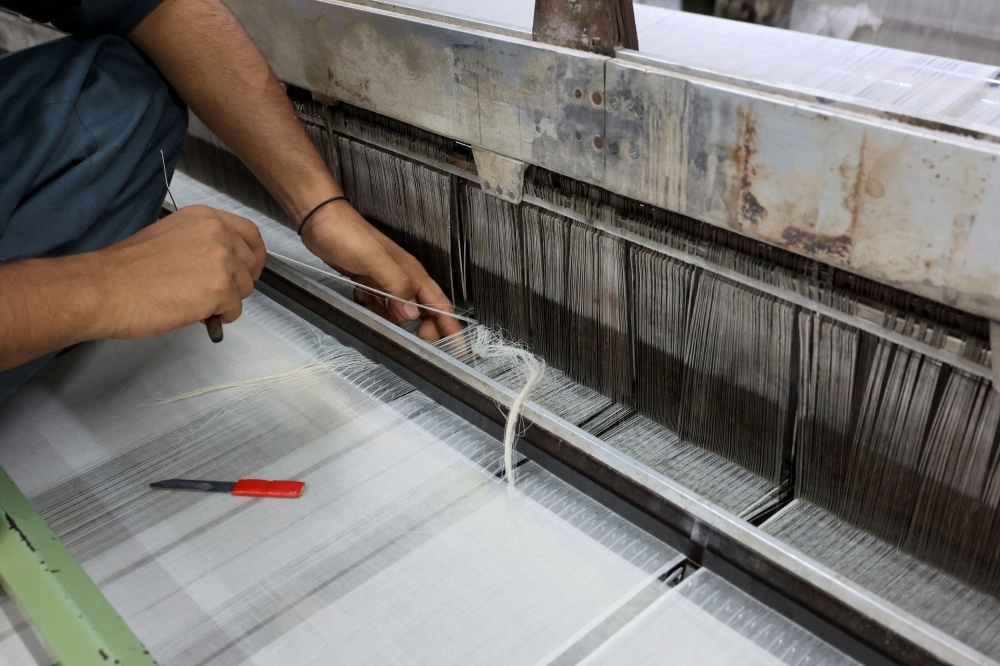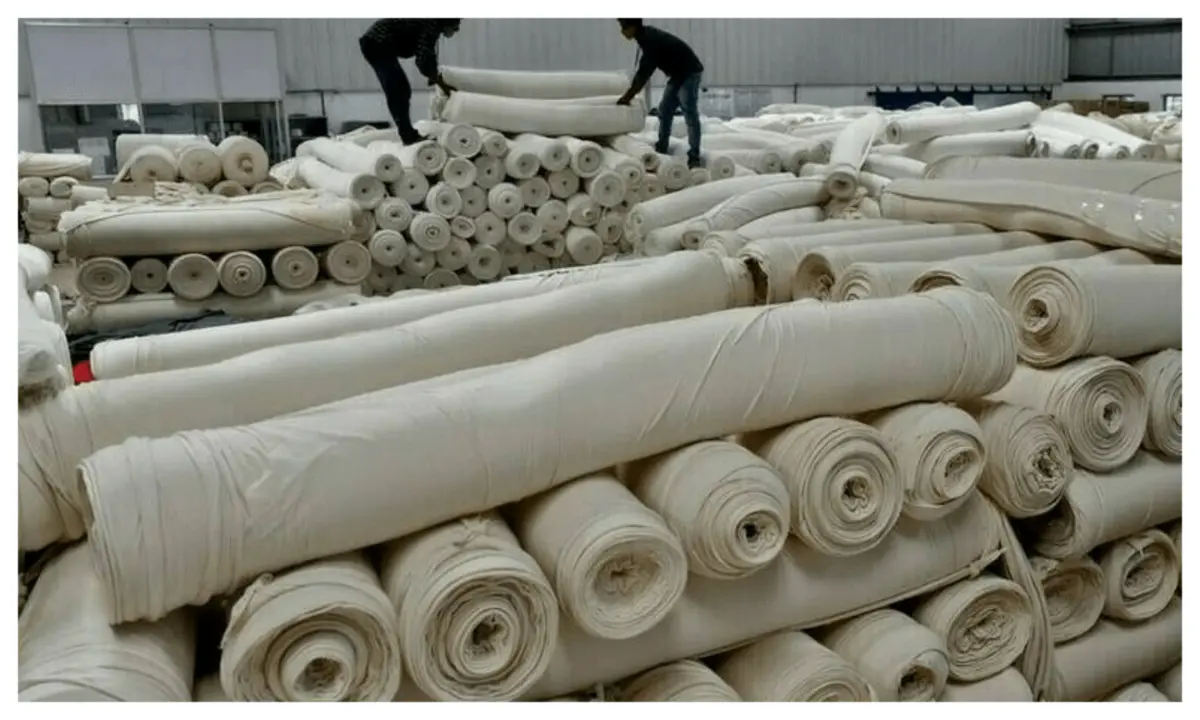Madagascar is facing the potential loss of around 60,000 jobs in its vital textile industry following U.S. President Donald Trump’s decision to impose a 47% tariff on goods from the country, an industry official has warned.
The sharp increase in tariffs stems from the formula used by the U.S. government to calculate the new trade duties. Under this method, low-income nations like Madagascar, which import relatively small amounts of American goods, have been hit with some of the steepest tax rates.
Madagascar’s textile and clothing sector plays a critical role in its economy, employing approximately 180,000 people and contributing around 20% of the nation’s gross domestic product, according to a 2023 report by the International Labour Organisation (ILO).
With a population of 31 million, Madagascar exported goods worth $733 million to the U.S. in 2024, much of it through the African Growth and Opportunity Act (AGOA) — a U.S. trade programme that allows many African countries to export selected goods duty-free.

“We estimate that around 60,000 jobs will be affected by the decision to raise tariffs to 47%,” said Rindra Andriamahefa, executive director of the Groupement des Entreprises Franches et Partenaires (GEFP), an industry association. He noted that this figure includes both permanent job cuts and temporary layoffs.
Beatrice Chan Ching Yiu, president of the GEFP, warned that the new tariffs would force investors to redirect their focus to other exporting countries facing far lower trade barriers.
“The pandemic was one thing. What we are facing now is quite another,” said Ching Yiu. “Unfortunately, measures such as temporary layoffs or dismissals may prove unavoidable.”
In response to the looming crisis, Madagascar’s government has begun coordinating with other African nations similarly affected by the U.S. tariffs, seeking to establish a united front.
“A constructive bilateral dialogue with U.S. authorities is underway, including technical discussions aimed at understanding the rationale behind the decision,” Madagascar’s foreign affairs ministry said in a statement on Tuesday.
As discussions continue, industry leaders in Madagascar fear that the steep tariffs could unravel years of progress in the country’s garment manufacturing sector, which has long been a source of employment and economic stability.


 Trending
Trending 